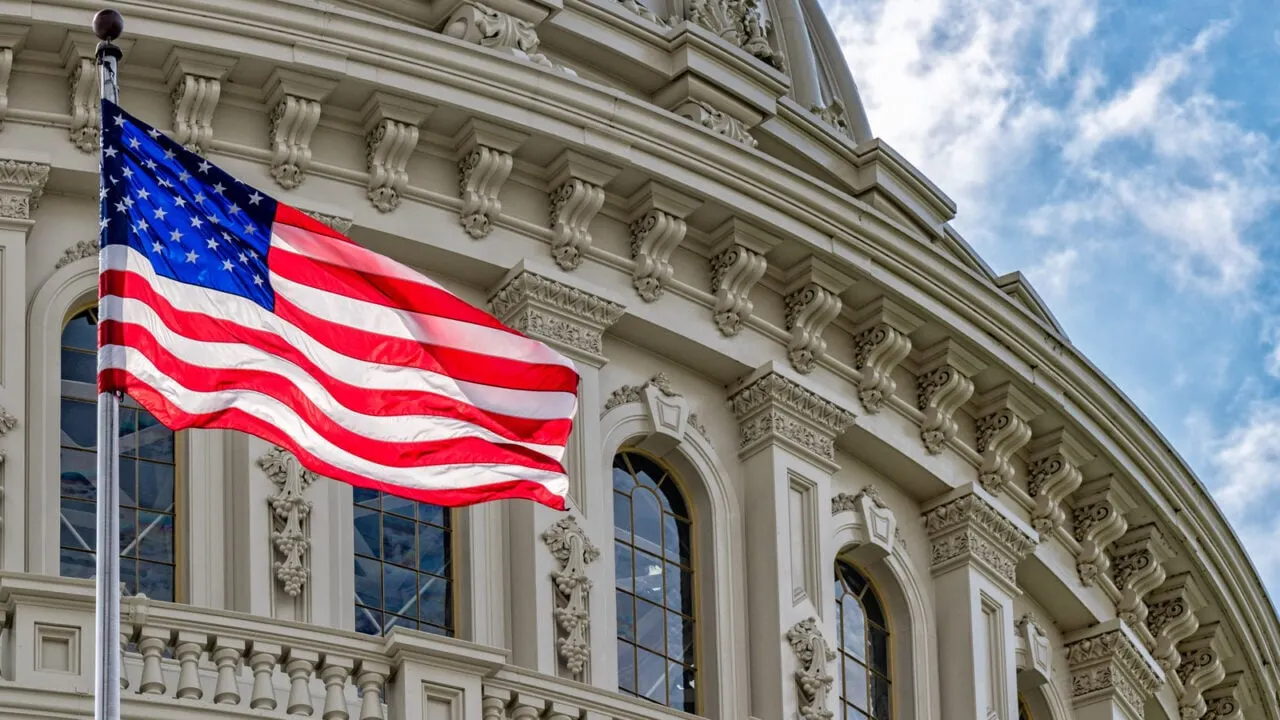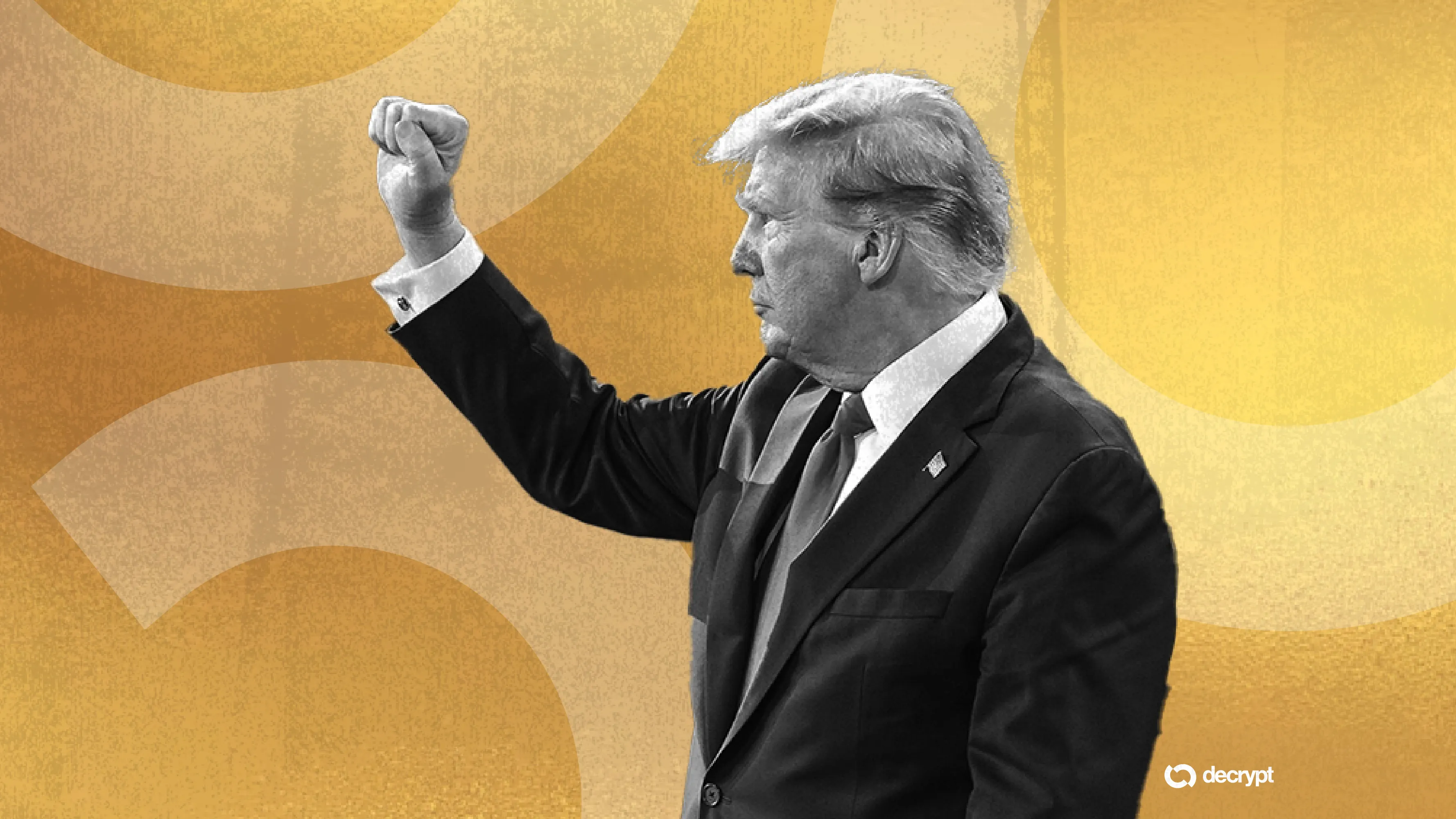U.S. Senate advances GENIUS Act in major step toward stablecoin regulation

The U.S. Senate voted on Monday, May 19, to move forward with the GENIUS Act, a landmark bill that would create a regulatory framework for stablecoins.According to the results published on the Senate’s website, the bill passed by a 66-32 vote, meaning it will move to the next stage. The bipartisan vote cleared the cloture hurdle, a procedural move that allows the bill to advance to full debate and potential amendments on the Senate floor. The bill, introduced by Sen. Bill Hagerty (R-TN), would require stablecoin issuers to hold full reserves in dollars or highly liquid assets, submit to regular audits, and follow stricter guidelines if issuing more than $50 billion worth of tokens. It also includes oversight for foreign issuers, aiming to limit financial risk and prevent misuse.Just two weeks ago, on May 8, a similar vote failed 48-49 after several Democrats raised red flags. Their concerns included weak protections for consumers, a lack of accountability for corporate issuers, and the bill’s exclusion of former President Donald Trump, a known crypto supporter, from ethics rules. Trump is also tied to World Liberty Financial, a group that recently launched a dollar-pegged stablecoin.But the political tide turned after behind-the-scenes negotiations, as reported by Punchbowl News. Some Democrats secured concessions related to consumer protections, big tech ethics, and conflicts of interest. One provision ensures that ethics rules apply to “regular and special government employees, including Elon Musk.” However, critics note that Trump remains exempt from these standards, raising continued opposition from figures like Sen. Elizabeth Warren (D-MA), who said the bill is “worse than no bill at all.”Several Democrats who initially opposed the GENIUS Act, including Sens. Ruben Gallego (D-AZ), Mark Warner (D-VA), Lisa Blunt Rochester (D-PA), Angela Alsobrooks (D-MD), and Kirsten Gillibrand (D-NY), reversed course and voted in favor Monday night.The bill passed the Senate Banking Committee on Mar. 13 with bipartisan support. Though the most recent version no longer has Democratic sponsors, it has gained traction with both parties. If passed, the law would create one of the clearest federal frameworks yet for how stablecoins can be issued and regulated in the U.S. A final vote on the GENIUS Act could happen later this week.
















